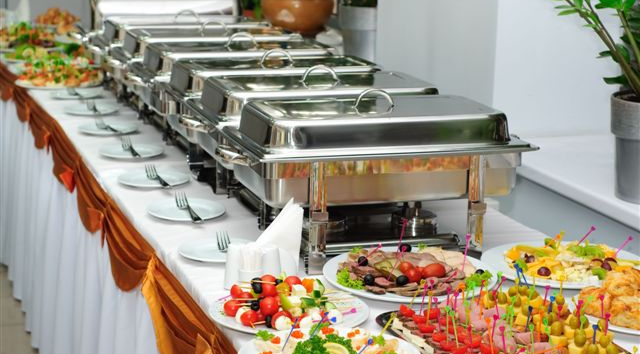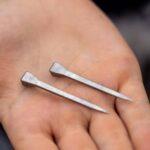In a few respects, running a catering service is similar to running a restaurant. Both are businesses in the culinary field, both have to prepare vast amounts of food, and both need to organize their employees to work as part of one well oiled machine. However, in many other aspects they are quite different from one another, and a perfect example of this is the equipment they use.

As with nearly any profession or field really, there is specialized commercial catering equipment that is made just for the purpose of making the life of the organizer of the event easier. But, while there are many arguments over exactly which of these items are vital, and which can be neglected without any repercussions, there is another important question that is rarely answered: After how much time should I replace my equipment?
The simplest answer would be for me to just say “as often as you can afford” and end the text right here, but it’s a bit more complicated than that since there are advantages to both buying new and keeping the old working for as long as possible.
Up first we have the advantages of getting new items as often as you can afford. The biggest perk to this approach is that you can be certain there isn’t already wear and tear that has been built up over long years of use that might result is a breakdown. Next, you can be sure that the efficiency is better than it will ever be again even if you only use it moderately. And finally, if it ever runs into a problem, the warranty is still valid.
On the other hand, the biggest reason why you should keep your commercial catering equipment in the best shape possible rather than replace it is the cost. While you think that you can easily afford to switch out some items since you have a bit of spare change, you might instead consider trying to carry on with the equipment you currently have at hand (if they still work fine) and invest that money in other areas of the business. Plus, if any device has lasted you for so many years that you would consider replacing it without it breaking down, well then there is no question of quality or reliability, whereas buying new always carries a little bit of an uncertainty factor.
In the end, it is up to your judgement, or more precisely your bank account on what you choose to do, but at least you now know both sides of the argument.



